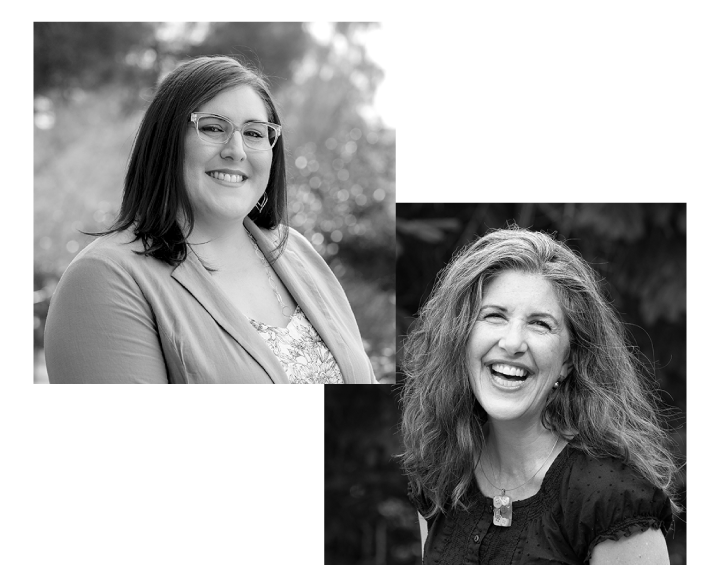S6 E2: Breanna Mylius and Yvonne Marchese on Ageism
Released October 13, 2023
In this episode of the Beyond Theory podcast, host Dominic Lawson and guests Brianna Mylius, Clinical Director of Meadows Behavioral Healthcare, and Yvonne Marchese, host of the Late Bloomer Living Podcast, delve into the pervasive issue of ageism and its detrimental effects on mental health across generations. Ageism, defined as stereotypes, prejudice, and discrimination based on age, is a widespread yet often overlooked form of bias that adversely affects the well-being of individuals throughout their lives.
The discussion highlights various manifestations of ageism, including personal, institutional, and self-directed forms, and how they can limit opportunities and lead to negative self-perceptions. Yvonne Marhese shares her inspiring journey of rediscovering passion and purpose in midlife, challenging the notion that aging is synonymous with decline. The conversation also touches on the importance of addressing sensitive topics such as sexuality and intimacy in older adults, as well as the need for greater understanding and support for those navigating age-related transitions and grief.
Throughout the episode, the speakers emphasize the value of fostering intergenerational connections and combating ageist stereotypes by celebrating the wisdom and experience that each generation brings to the table. By promoting open dialogue, empathy, and a willingness to listen and learn from one another, we can begin to dismantle the mental health barriers created by ageism and cultivate a more inclusive and supportive society for people of all ages.
Key Takeaways:
- Recognizing Ageism as a Mental Health Issue
Ageism, or age-based prejudice and discrimination, has significant negative impacts on the mental well-being of individuals across the lifespan. Acknowledging ageism as a pervasive mental health concern is crucial for addressing its detrimental effects and promoting a more inclusive society.
- Challenging Internalized Ageist Beliefs
Self-directed ageism, or internalized negative beliefs about aging, can limit individuals’ sense of purpose and potential. Challenging these beliefs and embracing new passions and opportunities throughout life is essential for maintaining mental health and resilience.
- Addressing Sensitive Topics in Older Adulthood
Discussing sensitive subjects such as sexuality, intimacy, and grief in older adulthood is crucial for promoting mental and physical well-being. Breaking the taboo surrounding these topics and providing support and resources can help older adults navigate age-related transitions and maintain a high quality of life.
- Fostering Intergenerational Connections
Encouraging meaningful connections and dialogue between generations can help combat ageist stereotypes and promote a more empathetic and supportive society. Valuing the wisdom and experience of older generations while also embracing the fresh perspectives of younger individuals creates a rich and diverse tapestry of understanding.
- Advocating for Age-Inclusive Mental Health Support
Raising awareness about the mental health consequences of ageism and advocating for age-inclusive support services and resources is essential for promoting the well-being of individuals throughout their lives. By breaking down barriers and ensuring access to appropriate care, we can create a society that values and supports mental health at every stage of life.
This episode serves as a reminder that ageism is a mental health issue that demands our attention and action. By raising awareness, challenging age-based prejudices, and advocating for the well-being of individuals across the lifespan, we can work towards a future where every person, regardless of age, is valued, respected, and empowered to lead a fulfilling life.






